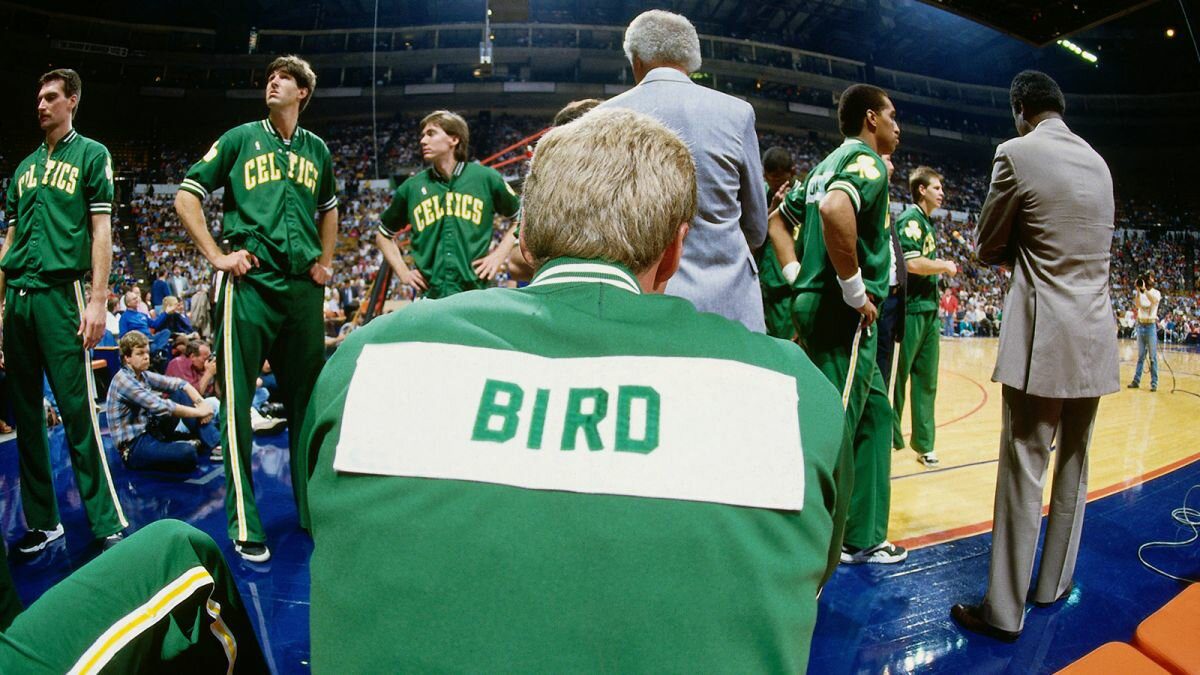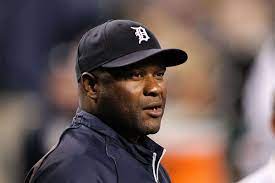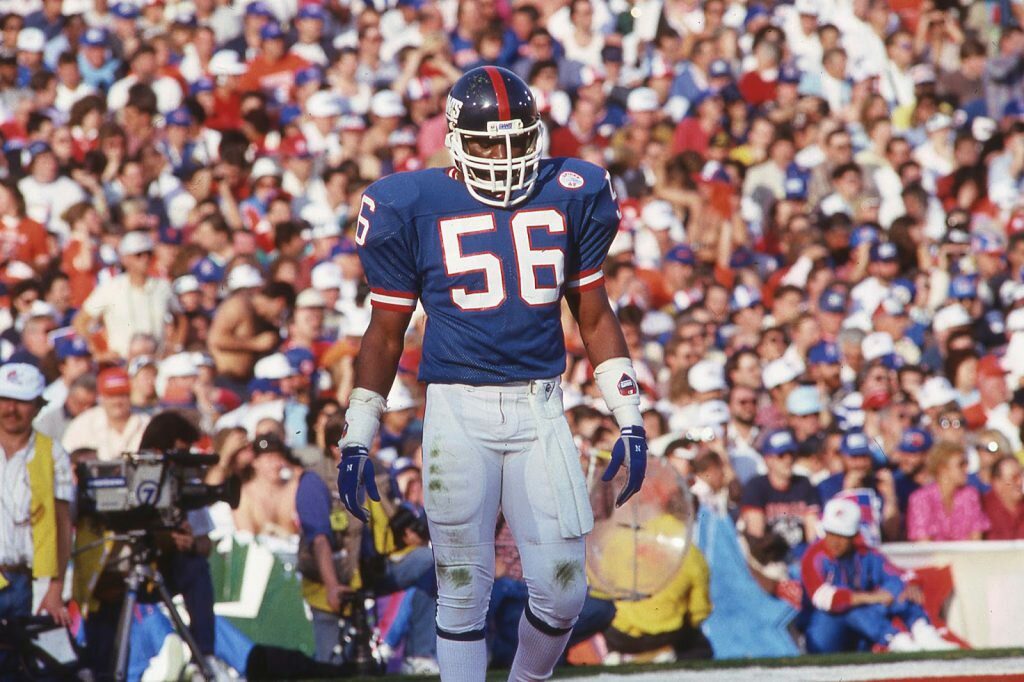Earvin Johnson, Jr. revolutionized the point guard position in the game of basketball.
Born on this date in 1959 to working class parents in Lansing, Michigan, he was the fourth of seven children. The 6’9” playmaker was bussed to all-white Everett High School where, as a 15 year old sophomore, he recorded a triple-double [36 points, 18 rebounds, 16 assists] and was dubbed “Magic” by a local sportswriter. Johnson was twice named All-State, led Everett to a 27-1 record and state championship in his senior year and was named to the 1977 McDonald’s All-American team.
He turned down scholarship offers from several schools, including Indiana and UCLA, to stay home and play for Michigan State University. As a freshman, he led the Spartans to a Big Ten title and the Elite 8 in the NCAA tournament. He finished the job the following year by leading MSU to the title, beating Larry Bird and undefeated Indiana State, 75-64, in what is still the most-watched game in the history of televised college basketball. Johnson was named the Most Outstanding Player of the Final Four.
The Los Angeles Lakers made him the first overall pick in the 1979 NBA Draft and Magic picked up right where he had left off. He started in the midseason All-Star game and then led the Lakers to the NBA championship, becoming the only rookie to ever win Finals MVP and joining Bill Russell and Henry Bibby as the only players in history to win NCAA and NBA championships in consecutive years.
Magic went on to play 13 NBA seasons, all with the Lakers. He played in nine NBA Finals, winning five times and being named Finals MVP in three of them. He was a three-time regular season MVP, twelve time All-Star and twice was voted MVP of the All-Star game. He led the league in assists four times and was the twice the league leader in steals. The Lakers retired his # 32 jersey upon his retirement and he was inducted into the Naismith Basketball Hall of Fame in 2002.
He shocked the basketball world when he retired abruptly in November of 1991 after announcing he had tested positive for the HIV virus. He came out of retirement, somewhat controversially, to play in the 1992 All-Star game [in which he was named MVP] and also played for the “Dream Team” in the Summer Games in Barcelona later that year, where he helped the U.S. team win a gold medal. He came out of retirement during the 1995-96 season and played in 32 games before retiring for good at the end of that season.
Earvin Johnson is the only player with over 2,000 playoff assists and averaged 11.2 assists per game for his career, best of all time. He recorded 138 career triple-doubles, second only to the great Oscar Robertson’s 181.









